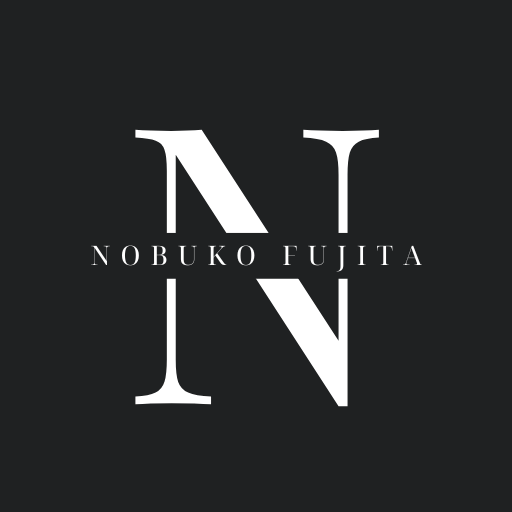Like Stian, I’ve been invited to give a talk for a course at University of Toronto’s Knowledge Media Design Institute. The graduate seminar course, Knowledge Communities: Patterns and Practices, is taught by Jim Slotta, Cheryl Madeira, and Hedieh Najafi. The theme for the week is “knowledge building for 21st century knowledge communities,” which is at the heart of my research interests.
Jim asked me to prepare the following:
(1) a short bio-blurb paragraph, (2) a short paragraph that states your basic position regarding the week’s theme, (3) a set of at least 3 readings or other resources – at least one of which is directly related to whatever you want to do for the Thursday class. These can be URLs or new projects, etc, including any instructions on how students might engage with those resources (4) any ideas for any pedagogical plan for your Thursday session. Note: most of the invited speakers will probably just give a talk and lead a discussion – to fill approximately 90 minutes. BUT WE ARE OPEN MINDED! We will also require students to pose at least 1 question of you, in advance (ie, based on the reading) – which we will distill into categories and hand over to you, probably Wed night.
This is kind of exciting! Students in these courses are a diverse group from the sciences, engineering, social sciences, humanities and the arts, so they are likely to pose interesting questions of the sort that I have not considered before! I’ll probably just give a talk and lead a discussion, but as I told the instructors, I’m open to trying out any activity ideas that they may have. I would like to experiment with something other than Powerpoint or Keynote for the presentation as I hope to show a lot of images, but we’ll see. The readings I chose are those that I hope are accessible and compelling for those who have not encountered knowledge building before.
This is what I said regarding my position on the week’s theme, “knowledge building for 21st century knowledge communities”:
To support knowledge creation among members in a community, it is crucial to be able to see what is unfolding in the online discourse environment. Knowledge building is a special kind of inquiry learning that is focused on theory building. It differs from other inquiry learning approaches by being more open-ended and affording students higher levels of agency in working with ideas. Although this constructivist pedagogy allows students to learn deeply and develop important 21st century skills like collaborative problem solving, it is a challenge to assess knowledge building using traditional methods. Visualization tools built in to the knowledge building environment highlight linkages between members’ contributions and offer timely feedback on group processes and emergent ideas. Although the value of such tools may be readily apparent to those familiar with the culture of knowledge work, I am particularly interested in what students and teachers can do with such tools in real classroom contexts. How do students and teachers make sense of the visualizations? What assessment practices do they find useful for fostering knowledge work? What practices can teachers share with each other?
I have the great fortune of having a wickedly talented partner who designs extremely cool things in Knowledge Forum, so I plan to show some new developments. I wish that these assessment tools were available when I was working on my doctorate! Having immediate feedback about the group’s discourse opens up possibilities for students and teachers to improve ideas in a productive way.
I find it difficult to “toot my own horn” in a bio, but it was a rewarding exercise to prepare one for this lecture. I sometimes forget that people are genuinely interested in my work because research and writing are often independent and solitary activities. So it will be nice to get back inside of a classroom again soon.


Leave a Reply